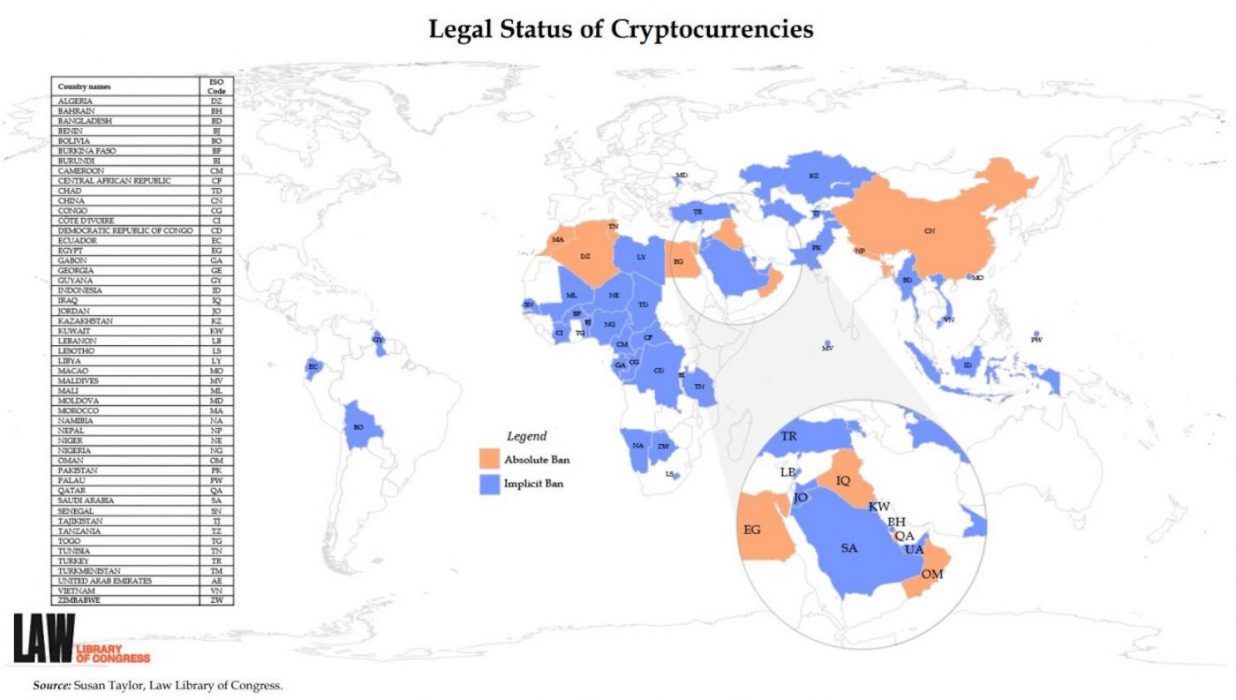Liberal Senator Andrew Bragg has urged the Australian blockchain industry to pick up the pace or risk falling behind other developed nations, saying Australia is likely to miss an opportunity to become a world leader in cryptocurrency if the government is not given more power to prioritise digital asset reform.
According to a report titled ‘Cryptocurrency and the Distributed Digital Economy in Australia’, cryptocurrency and related digital assets could generate A$68.4 billion for the Australian economy and create jobs for 205,700 people by 2030. The central issue is that Australia does not currently regulate crypto use and could potentially let this opportunity slip by.
Regulatory Framework a Long Time Coming
Federal Treasurer Josh Frydenberg has announced intentions to establish a regulatory framework to guide crypto’s future growth. However, such a plan will not be ready before the year’s end.
NSW Senator Bragg, a pro-crypto politician ranked #82 in the Cointelegraph Top 100 of People in Blockchain and Crypto 2021, has stated he would prefer this framework be put in place much sooner, despite acknowledging that “governments move slowly”.

Bragg intends to call for increased treasury funding so dedicated units can work on these reforms. He is also set to insist on “broad, principle-based, regulation-making power delegated by law to a minister”, and is expected to request these changes prior to the release of the federal budget on March 29.
The Current State of Australian Crypto
Last October, the Australian Senate Committee finalised its 12-point crypto reform plan. The successful implementation of the long-awaited plan should alter the nation’s regulatory approach to the digital asset ecosystem. Bragg is a champion of this reform.
Before finalising the plan, the Australian Senate Committee hosted several hearings with domestic crypto-related businesses who shared their struggles with financial institutions denying or terminating banking services without notice – a practice known as ‘debanking’. The 12-point reform plan has a step dedicated to addressing this issue.
















